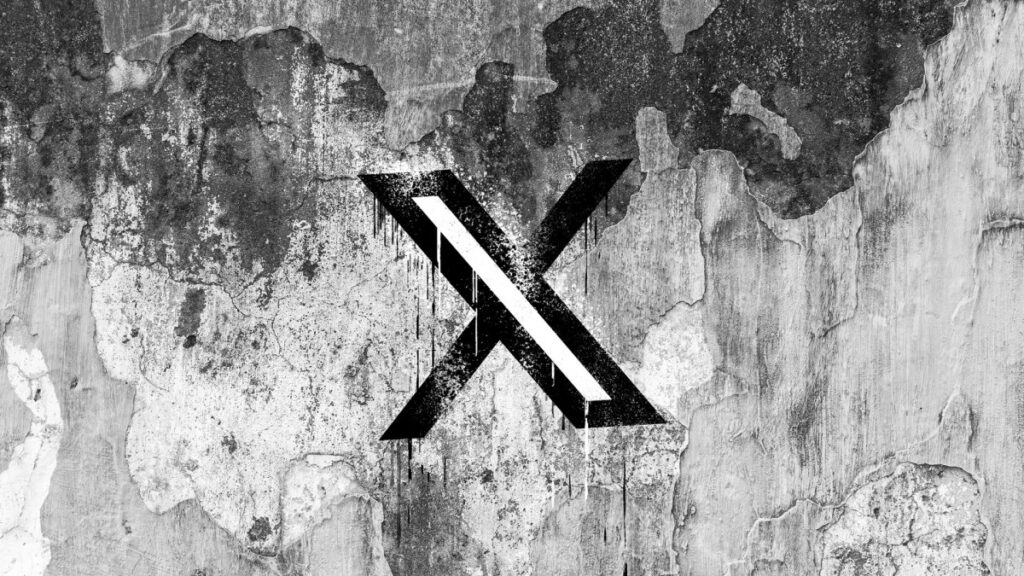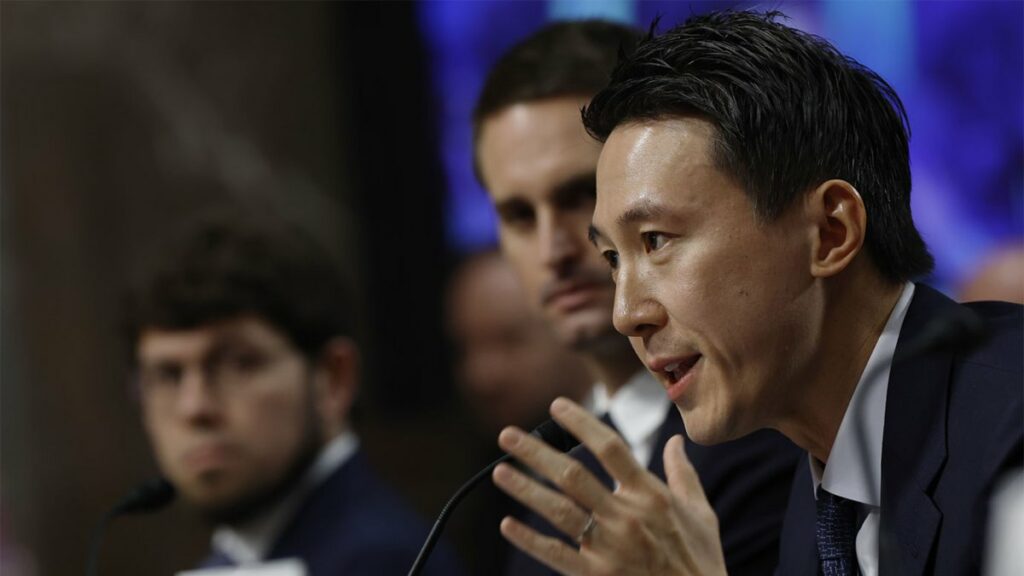European Union enforcers of the bloc’s online governance regime, the Digital Services Act (DSA), said Thursday they’re closely monitoring disinformation campaigns on the Elon Musk-owned social network X (formerly Twitter) following the Wednesday shooting of Slovakia’s prime minister, Robert Fico.
The bloc has been formally investigating X since last December over disinformation in civic discourse and the effectiveness of the platform’s crowdsourced ‘Community Notes’ content moderation feature, among a bundle of other concerns — though, so far, no sanctions have been forthcoming.
Yesterday Musk personally responded to — and thus amplified — a post on X, by the right-wing political influencer, Ian Miles Cheong, which sought to link the shooting to views he suggested Fico holds rejecting the World Health Organization’s pandemic prevention plan.
Asked to respond to the development during a Q&A with press, as part of a background briefing the EU held to discuss two Meta DSA probes the EU announced earlier today, a senior Commission official confirmed they are monitoring content on the platform and analyzing whether there is “any additional evidence” vis-a-vis the effectiveness of X’s disinformation mitigation measures — to feed the EU’s ongoing investigation.
Reminder: Breaches of the DSA can attract fines of up to 6% of global annual turnover so Musk’s penchant for shitposting could prove expensive for the company eventually, i.e. across regulatory enforcement cycles.
Grok election watch
Also on Thursday X announced that premium users in the EU can finally get their typing fingers on Musk’s generative AI chatbot, Grok — a tool that’s essentially been trained to be politically incorrect (vs the perceived political correctness of rival efforts like OpenAI’s ChatGPT). Musk posted briefly to trumpet the development, writing caveman-style: “Grok now available in Europe.”
Turns out Grok is also on the EU’s DSA watch list: The senior Commission official said today that the EU is in “very close contact with X on launch of Grok”.
The official suggested X has delayed the launch of some elements of Grok in the region until after the upcoming European Parliament election, without specifying exactly which features have been disabled. We’ve reached out to the Commission for clarification.
“X has delayed the launch of part of the Grok feature until after the election,” the official told journalists. “Which I think is a recognition on their side that some of these features may have risks in the context of civic discourse and elections in the context of the ongoing investment.”
We also contacted X about Grok’s EU launch but at press time it had not responded to our questions.


